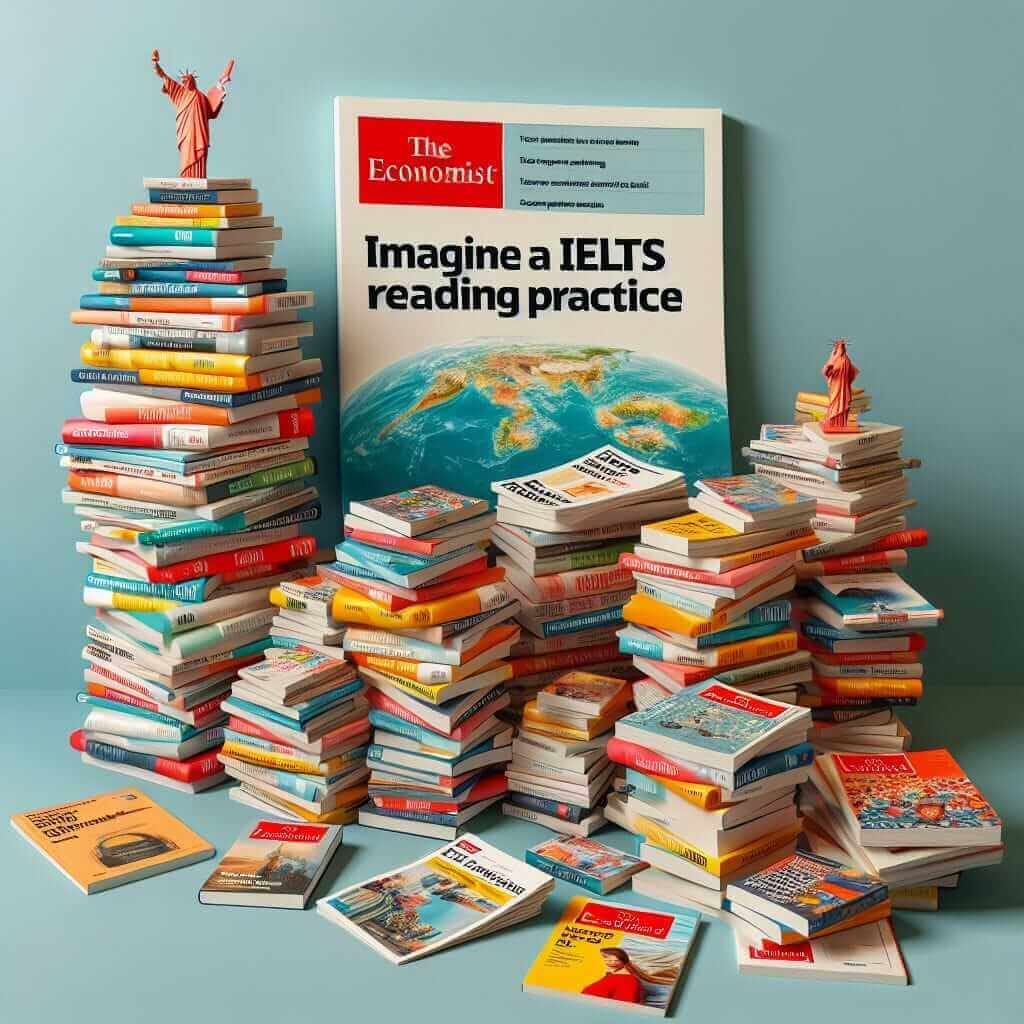As an IELTS instructor with over two decades of experience, I’ve encountered countless students asking, “Do I need to read professional books for IELTS Reading?” The answer isn’t a simple yes or no. While you won’t find legal journals or medical textbooks in the exam, understanding how to approach complex, information-dense texts is crucial. This article will guide you through the strategies needed to tackle IELTS Reading passages effectively, even if they cover unfamiliar professional topics.
The Importance of Reading Diversely for IELTS
The IELTS Reading test assesses your ability to comprehend information from various sources, including articles, reports, and even excerpts from academic texts. Although the topics are diverse, ranging from history and science to culture and the arts, they share a common thread: presenting complex ideas in a structured manner.
Here’s why reading diversely, even touching upon professional fields, can be beneficial:
- Vocabulary Enhancement: Exposure to different writing styles and specialized vocabulary widens your lexical range, crucial for understanding nuanced meanings in IELTS passages.
- Improved Comprehension: Tackling complex texts trains your brain to identify main ideas, supporting details, and the author’s tone, essential skills for IELTS Reading.
- Increased Reading Speed: Regular practice with challenging materials enhances your reading speed and ability to skim and scan for specific information – crucial under timed conditions.
Strategies for Approaching Unfamiliar Topics in IELTS Reading
1. Don’t Panic!
The biggest mistake you can make is letting an unfamiliar topic throw you off balance. Remember, IELTS Reading isn’t testing your prior knowledge of a subject but your ability to extract information effectively.
2. Focus on Keywords and Phrases:
Learn to identify keywords within questions and use them as signposts while scanning the passage. Look for synonyms, paraphrases, and related concepts.
3. Skimming and Scanning:
Develop your skimming and scanning skills. Quickly glance through the passage to grasp the general idea and structure. Then, scan for specific details when answering questions.
4. Pay Attention to Signal Words:
Authors use signal words like “however,” “in contrast,” “furthermore” to guide the reader. These words indicate shifts in argument or the introduction of new information.
5. Practice Makes Progress:
Regularly expose yourself to articles and texts from reputable sources like The Economist, National Geographic, or academic journals. Even spending 15-20 minutes daily can significantly improve your comprehension skills.
 IELTS Reading Practice Materials
IELTS Reading Practice Materials
Example from an IELTS Reading Passage:
Let’s imagine a passage discussing the impact of artificial intelligence on the financial sector. You might encounter terms like “algorithmic trading,” “predictive analytics,” or “fintech.”
Don’t get bogged down by the jargon. Focus on understanding the core concepts:
- What is the main purpose of using AI in finance (e.g., automation, risk assessment)?
- What are the potential benefits and drawbacks mentioned?
- Are there any specific examples provided to illustrate the points?
Tips for Success:
- Build a Strong Vocabulary: Don’t just memorize definitions. Understand how words are used in context.
- Practice Active Reading: Engage with the text. Highlight key information, jot down notes, and summarize paragraphs in your own words.
- Time Management is Key: Allocate your time wisely during the exam. Don’t spend too long on a single question.
Conclusion
While you don’t need to become an expert on every topic, developing strong reading comprehension skills is essential for IELTS success. Embrace the challenge of unfamiliar texts, apply these strategies consistently, and you’ll be well on your way to achieving your desired score.


